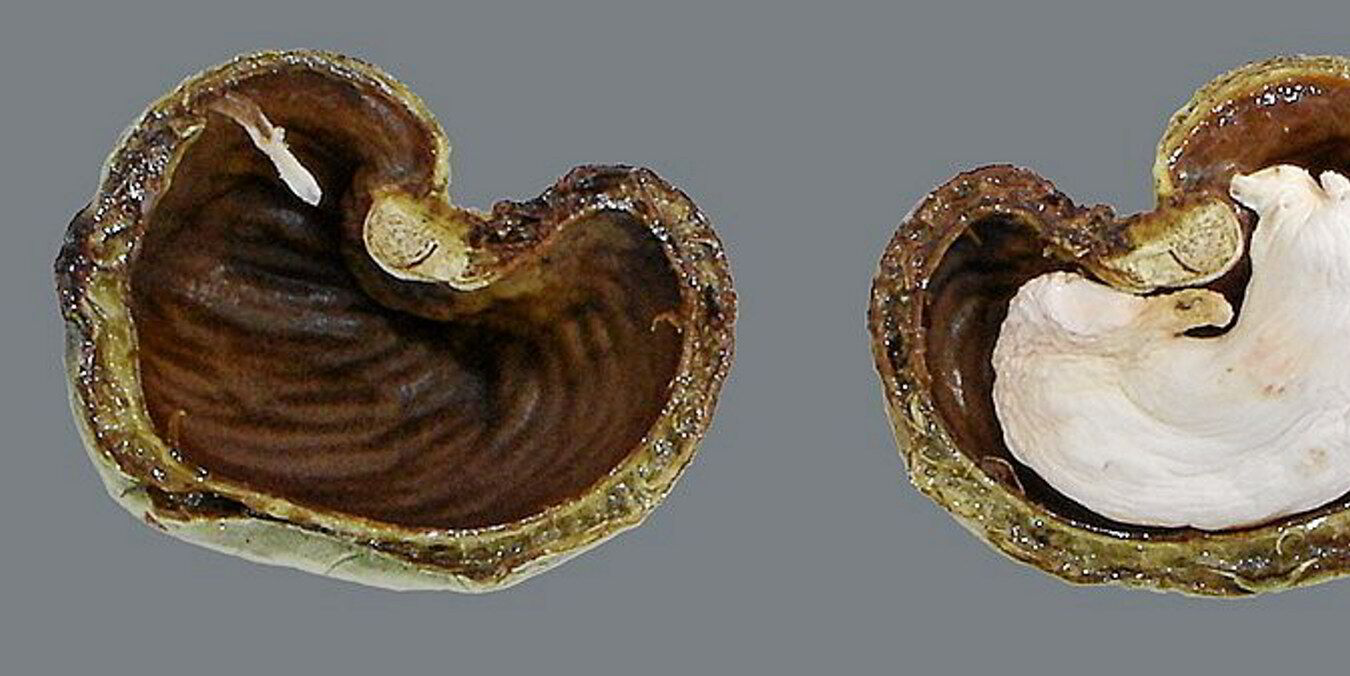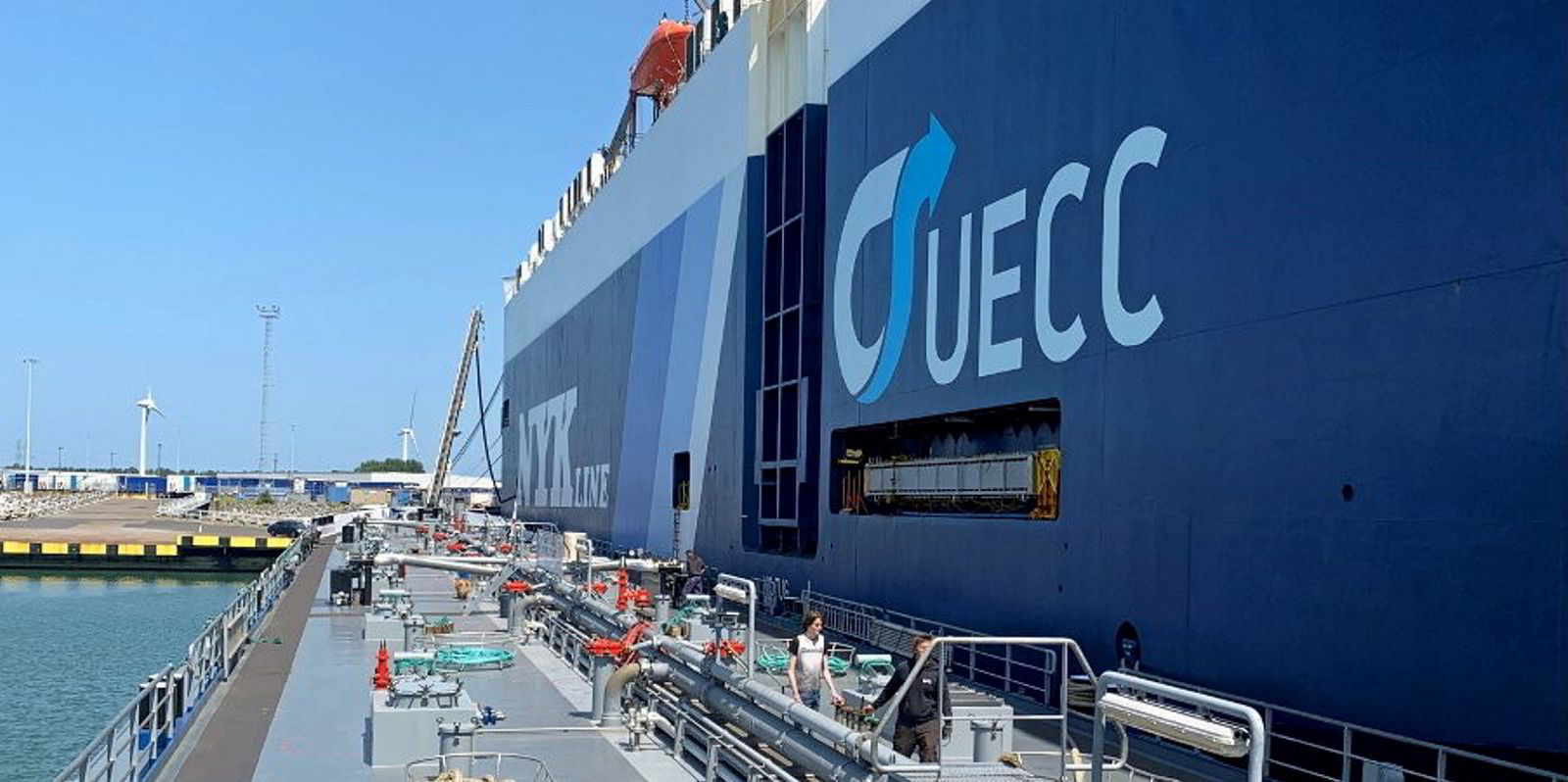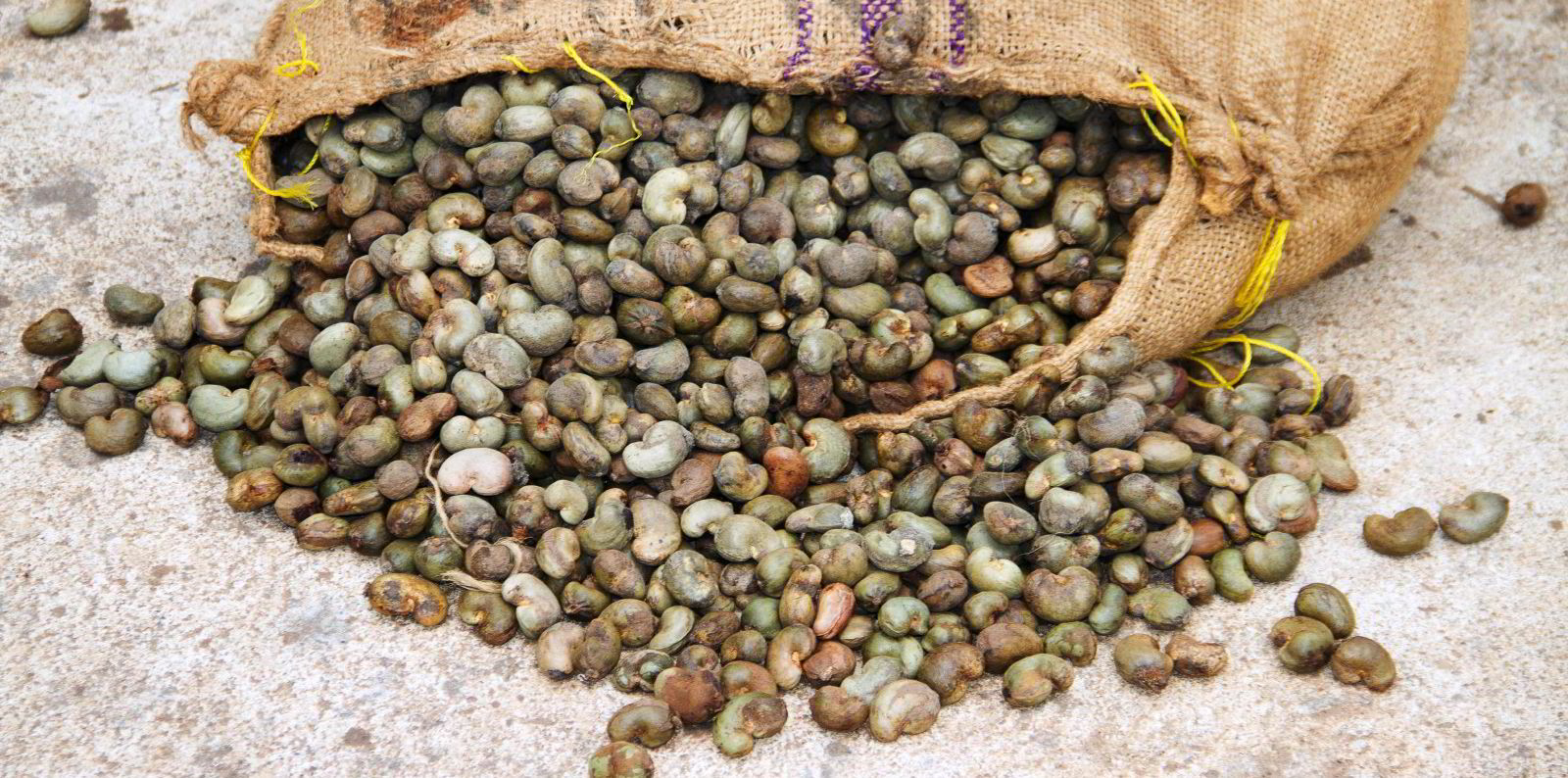Ship engines are developing operational problems due to the use of biofuel derived from cashew nut shells, according to a fuel tester.
CTI-Maritec is recommending owners do not use 100% cashew nutshell liquid (CNSL) as a marine fuel, or use it as a blending component.
Over the past few months, several ships in the Singapore and Rotterdam area reported operational problems including fuel sludging, injector failure, filter clogging, system deposits and corrosion of turbocharger nozzle rings, the company said.
CTI-Maritec carried out extended gas chromatography mass spectrometry testing on very low-sulphur fuel oil samples from the vessels.
This showed the presence of high concentrations (more than 10,000 parts per million) of cardol, cardanol, anacardic acid and other compounds.
These indicated the fuel was blended with CNSL from undeclared source materials or production processes, the company said.
CNSL is a non-fatty acid methyl ester biofuel, which is a naturally occurring by-product of the cashew nut industry.
It acts as a low-cost alternative renewable fuel.
“It’s a substituted phenol, which is highly reactive and less stable owing to its high iodine value,” CTI-Maritec said.
“CNSL has high acid values and is therefore highly corrosive as well. High potassium found in CNSL blend fuels cause serious post-combustion deposits and corrosion of turbocharger nozzle rings,” it added.
The company pointed to International Maritime Organization guidelines stating blend components should be tried and tested so that their typical properties and suitability for bunker production and how they combine with other components are well understood.
The Maritime and Port Authority of Singapore (MPA) said all bunker fuels supplied there must meet the ISO 8217 standards.
It has also developed a provisional national standard on specifications of marine biofuel.
“An enhanced set of testing parameters has been implemented on 1 June 2024, in addition to the existing quality assurance measures, to test the quality of fuels upstream before they are supplied as bunker fuel in Singapore,” the statement read.
“To date, MPA has not received reports of vessels experiencing operational problems related to fuel bunkered in Singapore. Reports received will be investigated by MPA,” it added.
Earlier this year, TradeWinds reported that shells from cashew nuts are being used to make biofuel for shipping in a new project involving Norwegian car carrier outfit UECC.
The company is part of a new collaboration with technology firm Wartsila, Lloyd’s Register’s fuel business and Netherlands-based biofuel supplier ACT Group.
The aim is to blend ACT’s biofuel, a liquid made from cashew nut shells, with a regular ISO-grade maritime diesel to power a UECC vessel. Biofuel will make up 30% of the blend.(Copyright)





